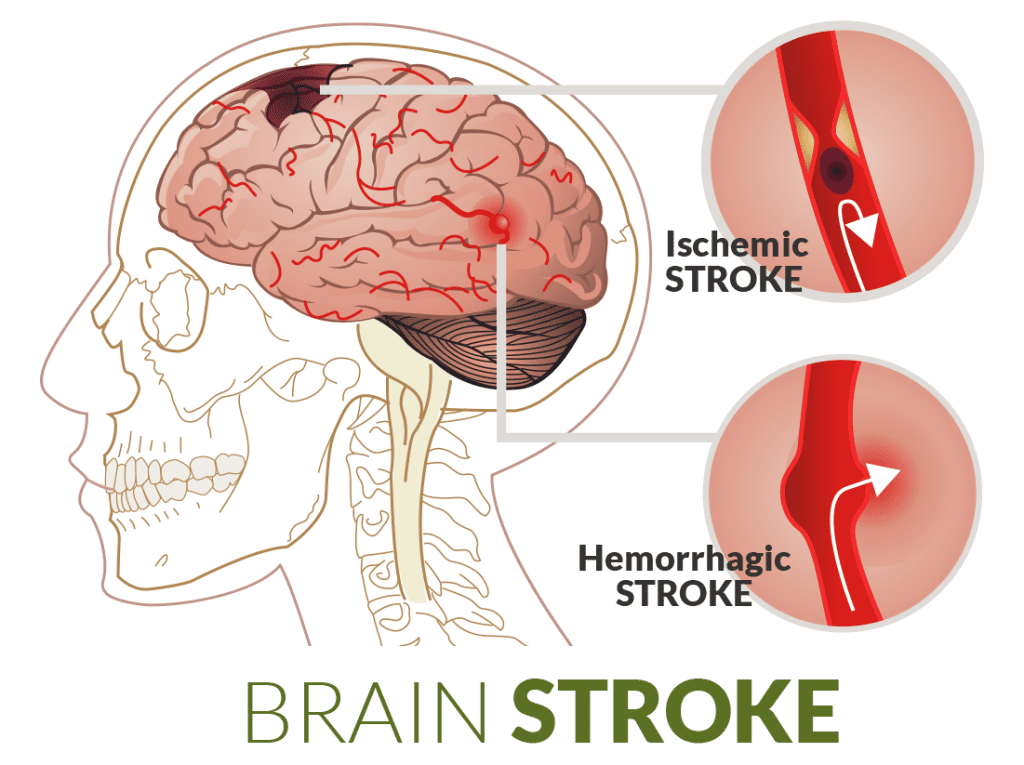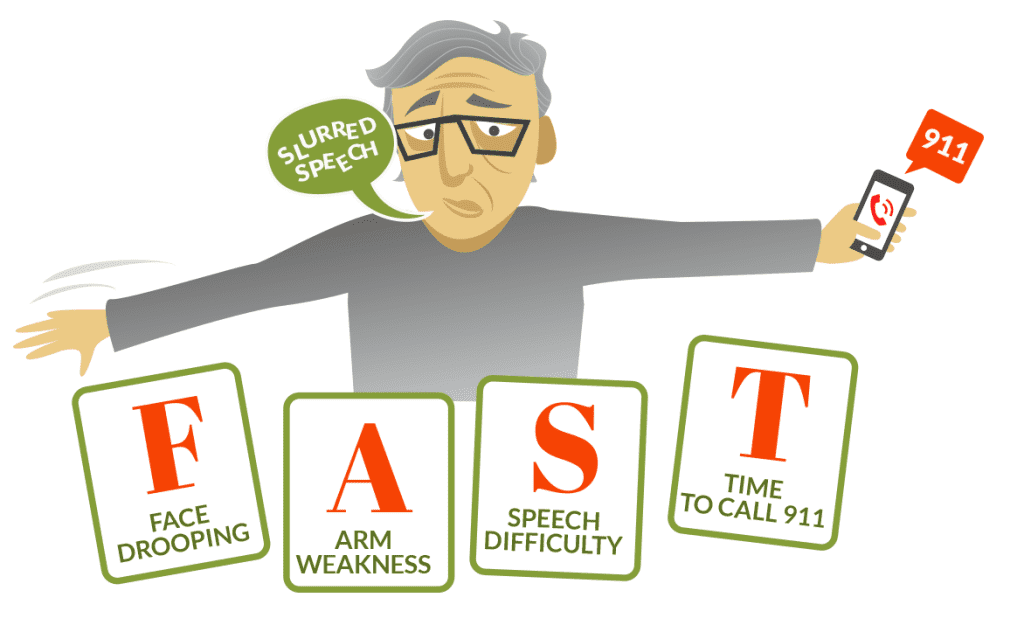We count on doctors and other healthcare providers to identify potential serious health issues and heal us when we are sick. When the medical professional to whom we entrust our care fails to provide the correct diagnosis in a timely fashion, it can have serious consequences. Many health problems, such as strokes, are capable of causing long-term damage when misdiagnosed or undiagnosed.
Unless you receive a proper stroke diagnosis, begin treatment early and take preventative measures to minimize the potential for damage, permanent or fatal injuries can be the tragic outcome of a stroke. If you have suffered injury or harm as a result of a stroke misdiagnosis or missed diagnosis, you may have the right to seek justice by filing a medical malpractice lawsuit for financial compensation.
What Is a Stroke?

A stroke is defined by the U.S. Department of Health and Human Services as a serious medical condition that is caused by an obstruction in the flow of oxygen-rich blood to the brain, or by a ruptures or leakage from arteries in the brain.
When the brain is deprived of oxygen, even for a few moments, it can cause brain cells to die quickly. When this happens, the victim may experience symptoms in the areas of the body that are controlled by the damaged or destroyed brain cells.
Proper emergency medical attention is vital following a stroke, and every second counts.
What Symptoms Can a Stroke Present?
While spotting the signs and symptoms of a minor stroke is not always easy, the American Stroke Association encourages people to act “FAST” if they observe any of the more definitive signs of a stroke:

Other symptoms that might also indicate a stroke include:
- A sudden feeling of numbness or weakness in one of your legs, arms or your face.
- Suddenly feeling confused or having a lot of difficulty understanding others.
- Trouble seeing in either or both eyes that comes on quickly, not gradually over time.
- Difficulty staying upright or walking.
- Sudden feeling of dizziness or loss of coordination.
- An intense, yet sudden headache that has no obvious cause.
How Strokes Are Often Misdiagnosed or Not Diagnosed at All
According to an article from Johns Hopkins Medicine, tens of thousands of Americans are sent home from hospitals and emergency rooms (ERs) each year, even though many may be exhibiting early signs of a potentially serious or disabling stroke. In a large number of these cases, it is believed that the medical professionals involved have overlooked or disregarded obvious signs due to a patient’s age, sex or race.
Women, minorities and others under the age of 45 who arrived at ERs complaining of headaches or dizziness were the ones most often misdiagnosed in the week or weeks prior to suffering an incapacitating stroke.
Women were 33 percent more likely to be misdiagnosed, and minorities were between 20 and 30 percent more likely to receive a misdiagnosis.
Younger adults were seven times more likely to receive a misdiagnosis when they had suffered a stroke, regardless of the symptoms they presented.
In some cases, it is the symptoms of a stroke that are mistakenly determined to be caused by another source – the doctor who orders a man be institutionalized for a “nervous breakdown” due to a sudden inability to speak, when he was actually suffering from aphasia following a stroke, or the woman who was told her migraines and shortness of breath were causing by her eating habits and excessive weight, when she really had experienced a precursor attack to the more severe stroke which followed later. Other ailments that can mimic a stroke are seizures, migraine headaches and hypoglycemia.
Consequences of Failing to Properly Diagnose a Stroke in a Timely Fashion
It is estimated that each year 800,000 Americans suffer a stroke, and another 200,000 to 500,000 suffer a transient ischemic attack (TIA) or “mini-stroke.” Between 15,000 and 165,000 U.S. patients suffer harm as a result of a misdiagnosed stroke. Failure to properly diagnose a stroke raises the risk of having a second, more debilitating stroke, by a shocking 80 percent.
Misdiagnoses, or failures to diagnose, could account for as many as 160,000 people suffering permanent disabilities, as well as cases of preventable deaths. This is tragic, considering that when a stroke is properly diagnosed, life-saving measures can generally be taken to prevent permanent injury or loss of life.
According to the Journal of Stroke and Cerebrovascular Diseases, a delayed diagnosis or misdiagnosis of a stroke can lead to neurologic worsening. It can also cause a patient to miss his or her chance of receiving necessary treatments that might be able to ward off further attacks or minimize the damage.
Healthcare Providers Can Be Held Liable for Failure to Accurately Diagnose a Stroke
When a healthcare provider fails to accurately diagnose and treat a patient who exhibits symptoms of a stroke, he or she may be held liable for medical malpractice. If you or a loved one has suffered a debilitating stroke after receiving a misdiagnosis from a doctor or medical professional, you should speak with an experienced Long Island medical malpractice lawyer at once.
Sources:
- National Heart, Lung, and Blood Institute: What Is a Stroke?
- American Stroke Association: Stroke Warning Signs and Symptoms
- Johns Hopkins Medicine: ER Doctors Commonly Miss More Strokes Among Women, Minorities and Younger Patients
- NPR: Emergency Docs More Likely To Miss Signs Of Stroke In The Young
- Journal of Stroke & Cerebrovascular Diseases: Factors Associated With Misdiagnosis of Acute Stroke in Young Adults









